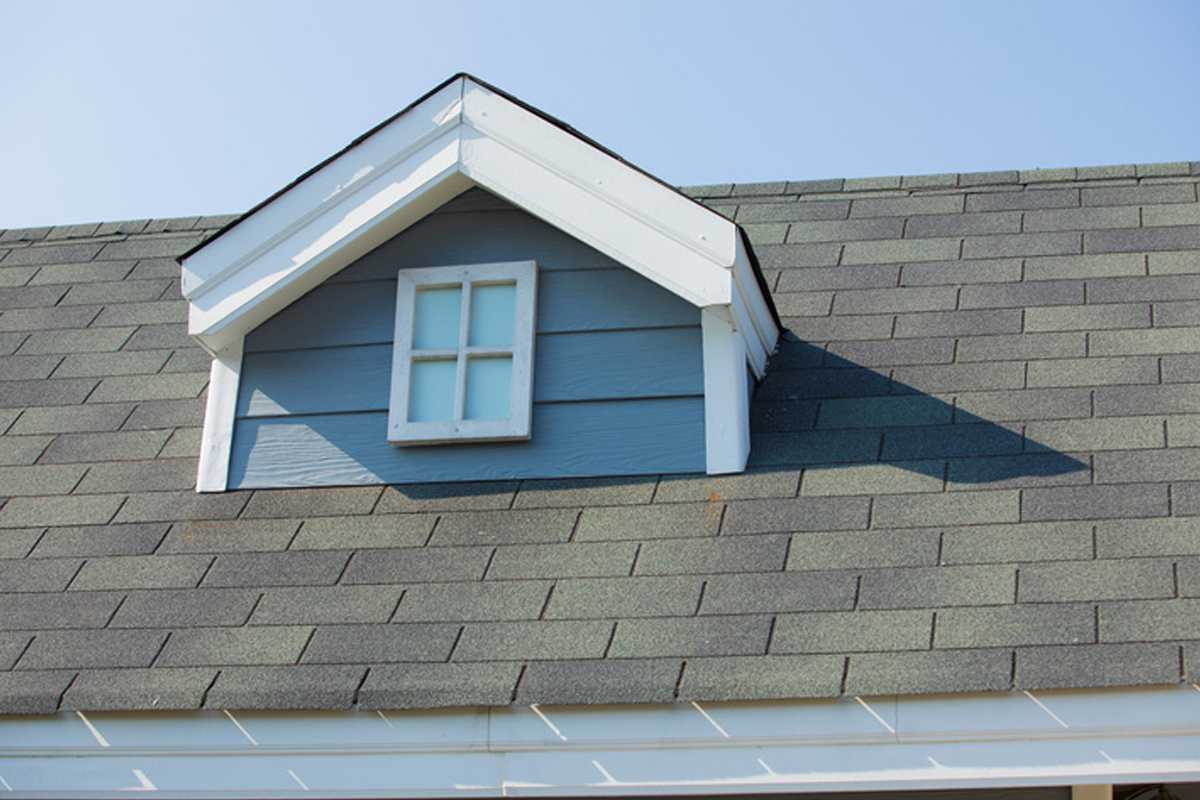If you’re looking to reduce glare and heat gain through your windows during hot days, you’re probably considering home window tinting . With good reason: Curtains, sheers, and shades may do the job, but few other solutions are as effective as tinted glass windows for houses .
Made of polyethylene terephthalate, home window film is a lightweight, self-adhesive polyester put on windows. It’s a great solution for many reasons, but choosing the best home window tint requires careful consideration.
Here’s what you need to know.
Home Window Tinting Pros
The three main types of tint are:
- Solar Tints
This type is thicker than decorative film but thinner than security film, and is used to absorb or reflect the sun’s rays. - Security Film
The thickest film, it restricts damage to a window which can deter burglars and prevent storm damage. - Decorative Film
This home window tint film beautifies or adds privacy to a room. It comes in clear or colored film, or with designs such as print or opaque frosting.
That being said, different tinted glass windows provide different benefits to your home: - Energy Efficiency
Solar window tinting can absorb heat from the sun and insulate the home, which goes a long way in cutting HVAC costs. Heat gain and heat loss through windows are responsible for up to 30% of residential heating and cooling energy use. - UV Protection
Curtains, drapes, and furniture placed near windows in the home tend to fade over time due to bleaching from UV rays. Home window tint film can absorb up to 99% of the sun’s UV rays. - Economical
Window film generally costs less than other window treatments that block the sun such as solar screens and cellular shades. DIY home window tinting also saves more than professional installation. - Easy To Install
You can learn how to tint windows at home yourself. A simple guide can take homeowners through the steps required relatively easily. A meticulous installation can yield high-quality results.
Home Window Tinting Cons
- It Can Void Your Warranty
Some glass manufacturers do not cover window damage on windows with aftermarket tinting or defects caused by modifying windows with aftermarket tint film. It’s important to confirm whether your warranty supports tint film application first or look for window film dealers who replace the window manufacturer’s warranty. - Windows Can Be Incompatible With Some Tints
While security and decorative tints can be put on almost all windows, solar film is not compatible with all types of windows. This is because they put thermal stress on them, which can damage some types of glass.
The Type of Glass Will Determine Your Tint Options
Before applying house window tinting , it’s critical to make sure your windows are equipped to handle the thermal stress that solar film can put on them. The International Window Film Association ( IWFA ) advises against using solar window film for:
- Clear annealed glass thicker than ⅜-inch or that has a heat absorption rate of more than 50 percent
- Tinted annealed glass over ¼- inch thick
- Insulated glass that is over 10 years old or has had seal failures
Check your window manufacturer’s recommendations even if your windows are not included in the list above.
Home Window Tinting Installation
Residential window tinting is a great project for DIY enthusiasts as it’s relatively simple with satisfying results.
Here’s a step-by-step short guide to doing it like a pro:
- Wipe down your window with a lint-free soft cloth wet with a solution of baby shampoo and water. One teaspoon of shampoo mixed into one gallon of bottled water should do the trick.
- Cut the window film with a utility knife ensuring it’s half an inch longer and wider than the windowpane you’re planning to tint.
- Remove the adhesive backing from the window tint and carefully stick it to the window pane from top to bottom.
- While sticking the film to the window, glide a plastic squeegee or credit card in one direction across the surface of the film to remove any trapped air bubbles.
- Let the film cure according to the manufacturer’s instructions, usually four to eight days.
Is Home Window Tinting Best For You?
There are many good reasons to do an aftermarket tint to your windows, but do they apply to you?
- Homeowners whose windows do not have low-emissivity (low-E) coatings benefit the most from the energy-saving advantage of tinting. E-coating is a thin layer of metal oxide, usually applied to newer windows for indoor comfort and energy savings.
- Solar window film also protects your family’s health by reducing UV exposure which can cause skin cancer, not to mention it preserves your house’s interior, furniture, and belongings.
- The reflective quality of solar window film can give your home a sleek, luxurious look, increasing the attractiveness of your home.
- If you would like a certain level of privacy in your home without having to draw your blinds or pull your shades down, reflective security tinting can solve your problem while still allowing ample light to enter the room.
Tinted glass windows are a great choice for any home. If you need a more permanent solution like Bordner’s energy-efficient, insulated glass replacement windows in Kansas City, we’re the ones to call. To learn more about our home improvement services, contact us today.






